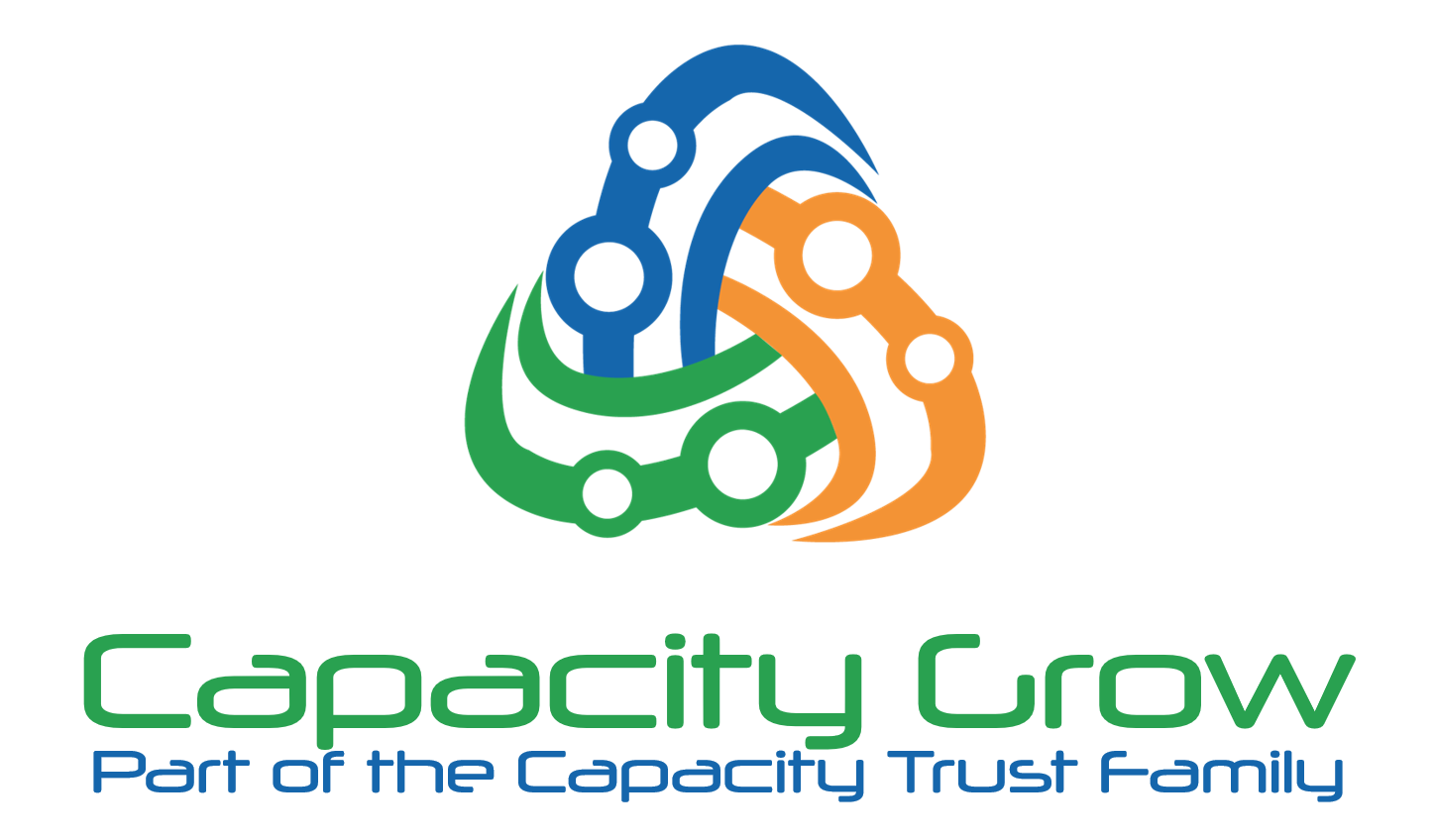What is executive coaching?
Executive coaching is assisting top executives, managers and other identified leaders to perform,learn,stay healthy and balanced and effectively guide their teams to successfully reach desired goals and exceed individual and corporate expectations. This is done through:
Helping an executive efficiently innovate and adapt their leadership style to meet big organizational changes such as those required by mergers and acquisitions.
Paving the way for a smooth individual career transition – e.g., ensuring rapid acquisition of general leadership skill sets required to move from being a manager to an executive.
Teaching specific new awareness and skills – such as those required because of increased visibility.
Resolving specific problems – remediation (minimizing or repairing damage caused by discrete dysfunctional behavior(s) that create obstacles for personal, team, or corporate best performance).
How exactly does it work?
Executive coaching is always:
One-on-one
Relationship-based
Highly tailored to the individual clients’ business environment and need(s)
Characterized by first defining opportunities for growth – a process accomplished via interview(s), survey instruments, or any of a host of other assessment tools such as the 360 degree assessment, Myers Briggs Personality Test Inventory, Personality and Values Questioning as well as the Thomas Kilmer Conflict Inventory
Defined, in a goal-oriented fashion, with a structured plan formally contracted in writing
Employ a variety of approaches and techniques
Conducted through a series of focused sessions that occur over time (typically 6 to 12 months)
Conducted by a professional, preferably external to the organization, whose primary role is coaching
Ultimately optimize the clients’ performance so that they can deliver and/or surpass their organizational goals
Include follow-through
Include accountability
Equip the client with lasting heightened awareness and the skills to continue to self-develop
Coaching vs mentoring
People often make the mistake of using coaching and mentoring interchangeably. There is however, a big difference between the two. Mentoring tends to be for a long period of time (can run over decades) and involves learning from someone that is in the sector and that has “been there, done that” that is not the case with executive coaching. Coaching is shorter and within a defined term for example an hour a week for 2 years and a coach is usually someone who is not within the organization and the meetings are usually structured and focus on specific development and leadership issues. Mentoring focuses on career and personal development whereas mentoring focuses more on development in a certain area of an individual’s life.
Who is executive coaching for?
Executive coaching is for people who want to:
-Improve self-confidence
-Strike a better work-life balance
-Open up new career opportunities
-Become a more effective leader
What are the benefits of Executive Coaching?
Increased self-awareness
Increased self-regulation
Greater empathy and emotional intelligence
Flexible thinking replacing rigid thinking
Higher levels of motivation
More effective leadership
These benefits may carry over into the client’s personal life as well.
What improvements can you expect from executive coaching?
The nature of coaching, allows the client not only to develop goals but also to stick to and follow through with goals because the coach will devise a way in which progress towards goals can be measured. Enhanced ability to communicate, a coach works with you to find ways to improve how you convey what is important to you, to the business and to others. And lastly, you can expect better understanding of others because a coach helps you understand why others might think and act the way they do. You’ll learn about actions you can take to help them or to focus them in a direction that is better for the organization. Greater self- and contextual-awareness, coaching is about you and where you work. You will gain insight about yourself as a leader within your organization.
Organizational benefits to having executive coaching
Higher productivity
Better retention
Lower costs
Better working relationships
Better turnovers
If you are ready to invest in yourself, coaching offers a tailored, focused way to connect your leadership development with your day-to-day work demands.
